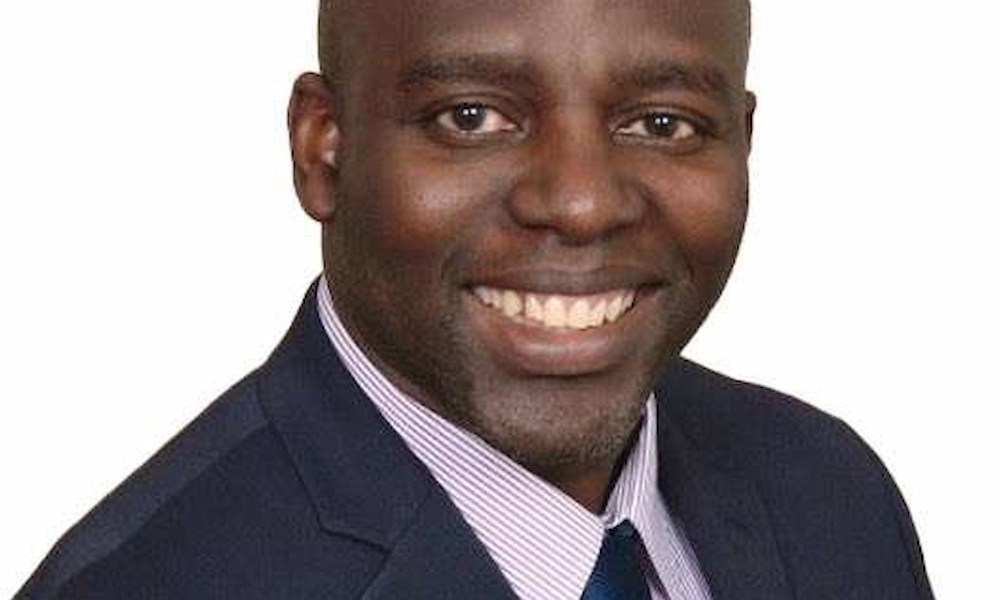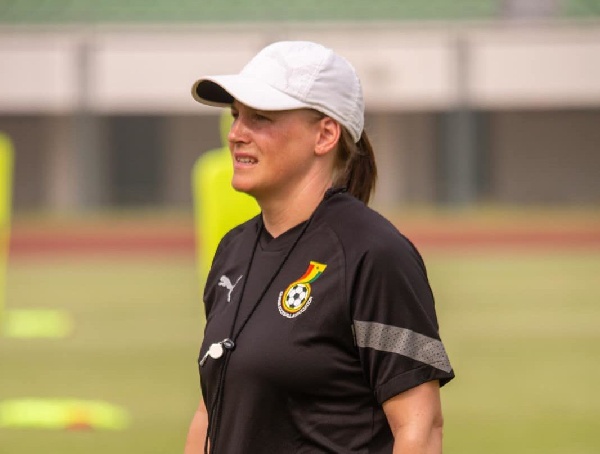In an interview on JoyNews’ Newsfile, Dr. John Osae-Kwapong, Project Director of the Democracy Project, expressed his concerns over the prevailing lack of trust in Ghana’s Electoral Commission.
According to Dr. Osae-Kwapong, this trust deficit has significant implications for the integrity of the electoral process.
“When there’s a lack of trust, political parties become more vigilant, almost on high alert,” he explained. “They feel compelled to protect the integrity of the process, ensuring that no one manipulates the results at their expense.”
Dr. Osae-Kwapong noted that such heightened suspicion can lead to further polarization in the political environment and, if not properly addressed, may even result in political unrest.
The issue of trust in the Electoral Commission has been a persistent concern, particularly in the wake of contentious election results.
Dr. Osae-Kwapong highlighted that these tensions are exacerbated when political parties and the public feel uncertain about the fairness and transparency of the electoral process.
He suggested that these concerns if left unaddressed, could contribute to an unstable political atmosphere that undermines the overall integrity of Ghana’s democracy.
Despite these challenges, Dr. Osae-Kwapong acknowledged some progress in the country’s electoral system. “Yes, the Electoral Commission has faced some challenges, but we can’t ignore the progress that has been made over the years,” he remarked.
His comments were aimed at countering the allegations of electoral fraud and manipulation that have dominated the conversation surrounding recent election results.
He stressed that rather than focusing on conspiracy theories, stakeholders should focus on the improvements that have been made and continue working toward enhancing the transparency and reliability of the process.
One of Dr. Osae-Kwapong’s key points was the importance of trust between the Electoral Commission, political parties, and the public.
“The credibility of the Electoral Commission is directly tied to its ability to foster trust among its stakeholders,” he stated. According to him, if the Commission can reassure political parties and election observers, its role as an impartial overseer of the electoral process will be strengthened.
This would help create a more transparent system, reducing suspicion and fostering greater confidence in the electoral results.



